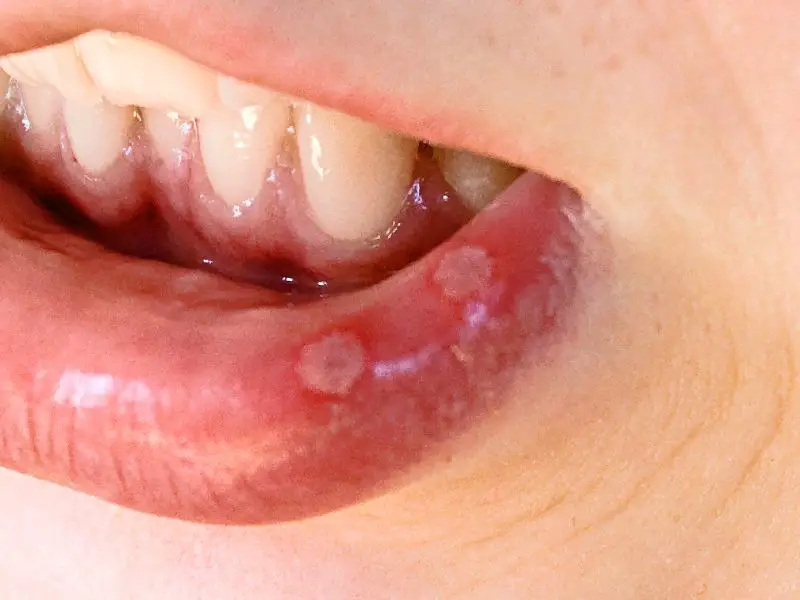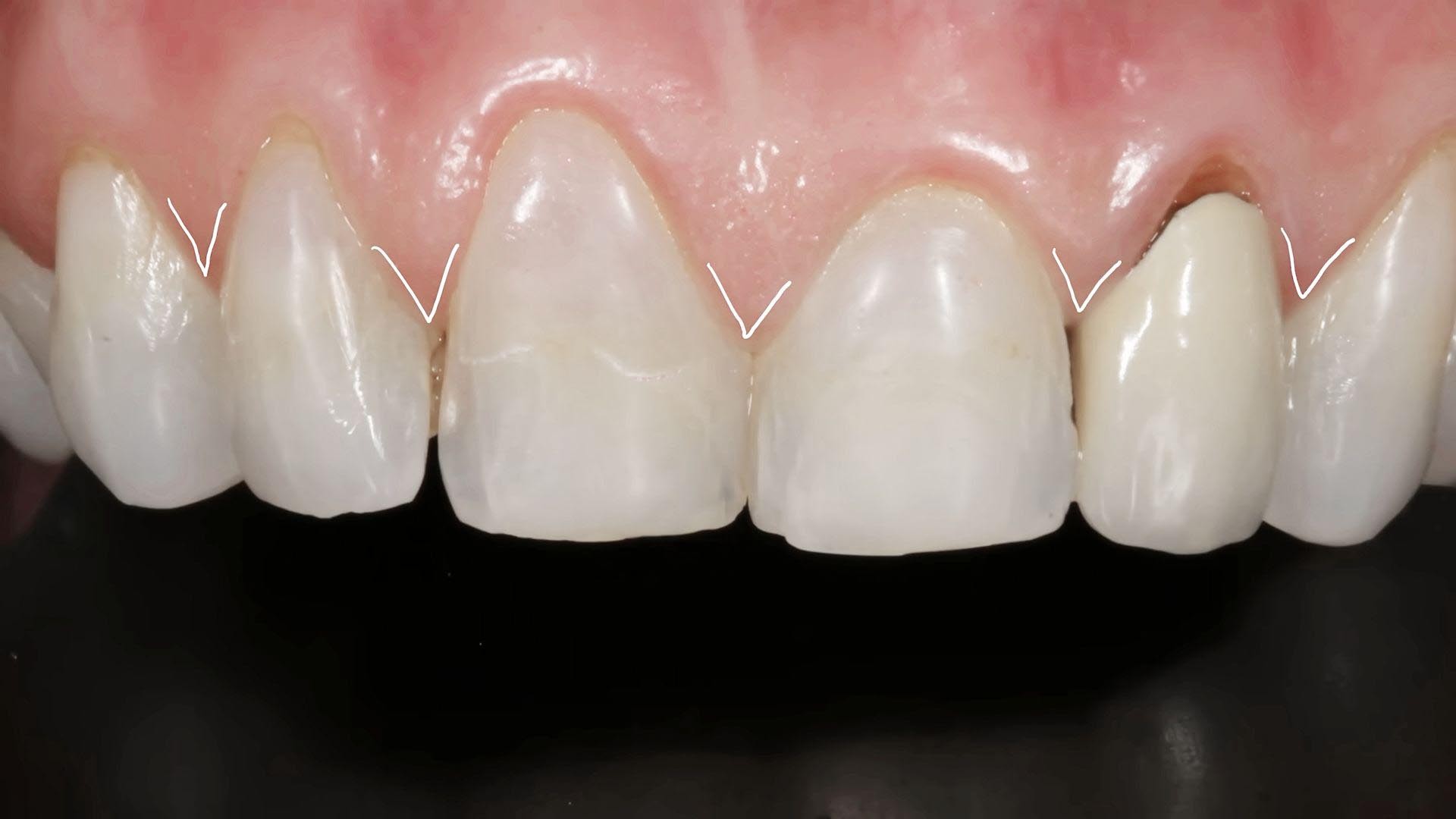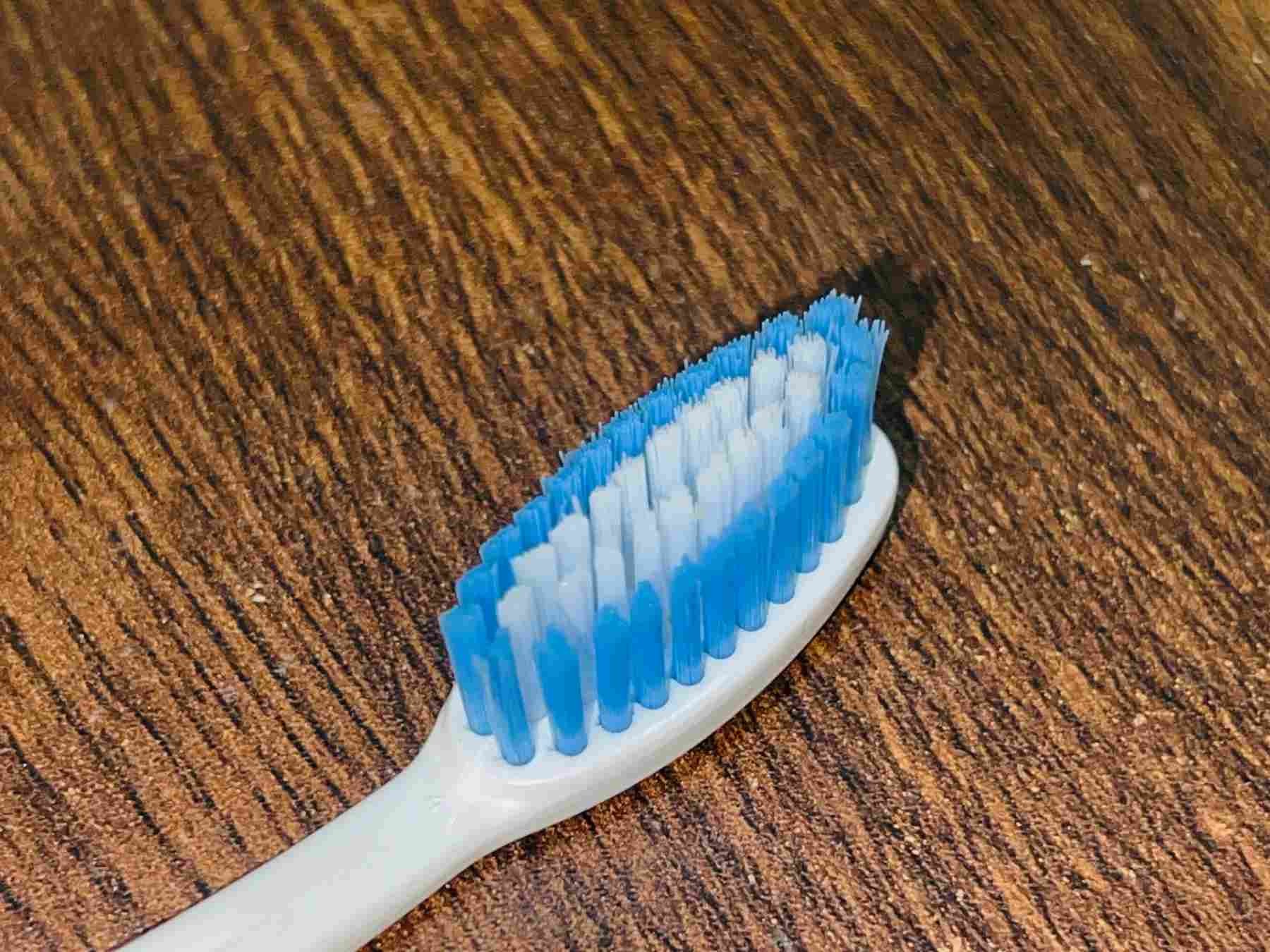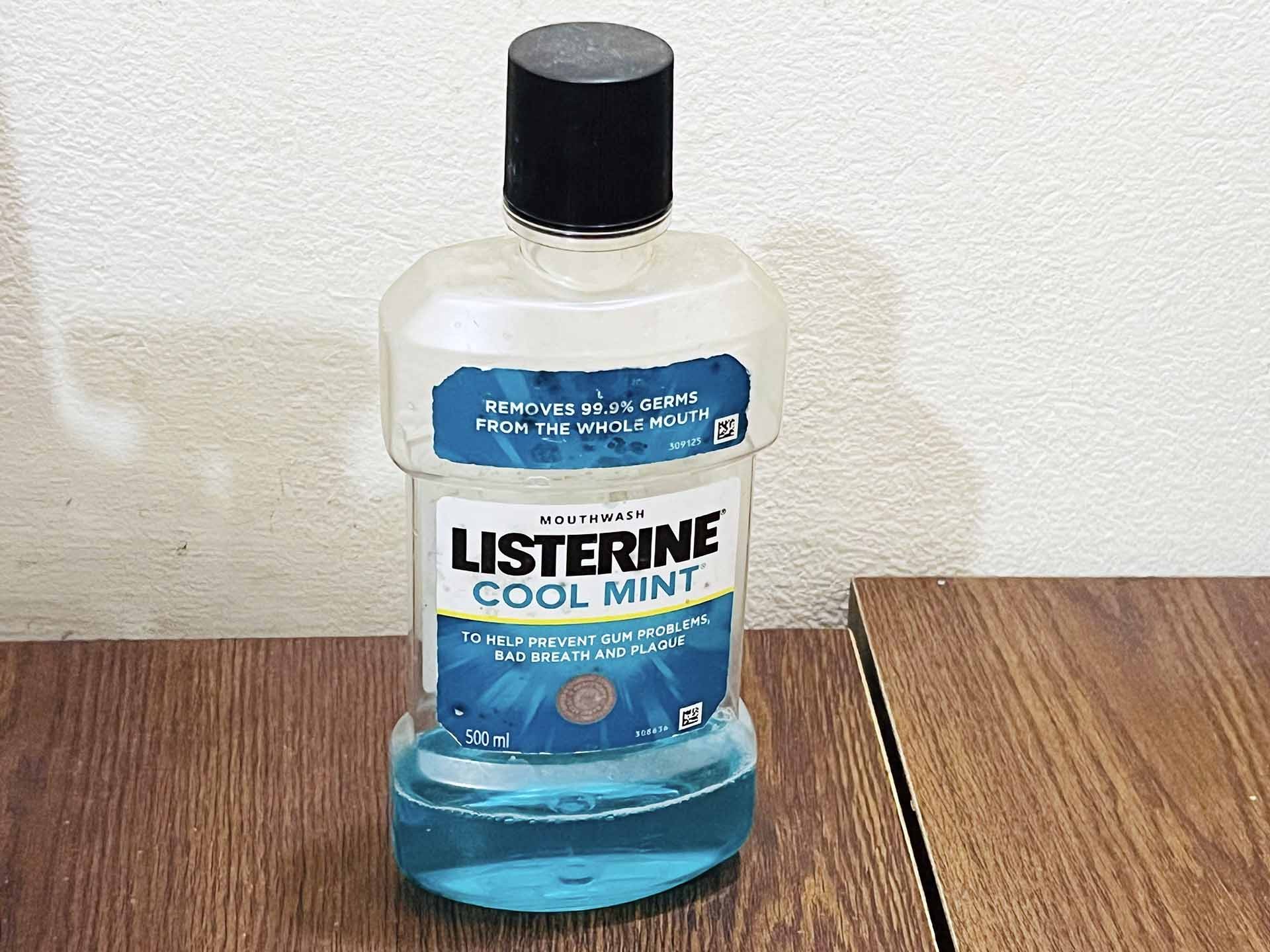I am a huge fan of my electric toothbrush and the refreshing clean feeling it provides me with after every use. However, one day, a minor accident occurred that unexpectedly resulted in a consequence. While diligently brushing my teeth, I accidentally pricked my left cheek with the brush head.
Although it seemed like a small mishap at the time, I noticed the development of a canker sore in that exact area later in the day. This incident left me wondering: could electric toothbrushes potentially be responsible for causing canker sores? Or is there another factor at play?
Intrigued, I delved into research and discovered that both manual and electric toothbrushes do not directly cause aphthous ulcers or canker sores. However, under certain circumstances, they may contribute to their formation.
What Are Canker Sores?
First, let’s get a clear understanding of what canker sores are. Canker sores or aphthous ulcers are Small, shallow lesions that can appear on the soft tissues of your mouth or near the gum line. These sores are characterized by yellow or white lesions and are surrounded by a bright red area. Unlike bumps, canker sores often have an indented shape resembling a crater.
It’s important to note that canker sores are not contagious and do not appear like cold sores on the surface of the lips. However, they can be uncomfortable and make speaking and eating challenging.
It’s common for people to confuse canker sores with cold sore, but they are different. Cold sores develop on the outer surface of the lip and are contagious. Canker sores develop on the soft tissues inside the mouth and are not contagious.
What Are The Causes Of Canker Sore?
Now, let’s talk about the causes of canker sores. While the exact cause of canker sores is still unknown, experts believe that a number of circumstances, even within the same individual, can induce outbreaks. The following are some of the common causes of canker sores:
1. Emotional Stress
It is unclear how stress might result in canker sores. One theory is that individuals are more prone to bite their lips or cheeks when they are nervous or agitated, creating oral trauma that increases the likelihood of canker sores forming.
This idea is supported by a report that was published in the Journal of Oral and Maxillofacial Pathology. The same report cites further research that claims stress is more of a trigger for canker sores than a contributing factor.
2. Hormonal Changes That Occur During Menstruation
Estrogen and progesterone levels increase just before a woman’s menstrual cycle each month. This hormonal fluctuation can lead to various changes in the body, including oral health issues. Red, swollen, and sensitive gums may result from this again.
It may also make canker sores appear and make the gums bleed more easily. These symptoms usually start to occur in the days before your period, then go away once it arrives.
3. Ibuprofen And Other Non-Steroidal Anti-Inflammatory Medications
Non-steroidal anti-inflammatory medications, such as ibuprofen, can hinder oral mucosal healing by causing abnormalities in constitutive nitric oxide synthase and endothelin-converting enzyme-1. This can potentially increase the risk of canker sores developing.
4. Allergy To A Food Ingredient, Toothpaste, Or Mouthwash
Allergies can have various effects on the body, including oral health issues. Your gums may expand as a result of seasonal allergies, making them more prone to infection and small wounds like cuts and scrapes.
This is why canker sores and mouth ulcers can sometimes result from seasonal allergies. It’s also worth noting that certain ingredients in toothpaste or mouthwash can cause allergic reactions, leading to the development of canker sores.
5. Sharp Things
Having sharp objects in or near the mouth can increase the risk of developing canker sores. Possible reasons include things like braces, unfit dentures, or a sharp tooth surface.
These objects can cause irritation and trauma to the delicate tissues in the mouth, forming canker sores.
6. Food
Certain meals may sometimes bring on canker sores. Some foods are more acidic or spicy, which can irritate the mouth. Examples of such foods include citrus or acidic fruits and vegetables like lemons, pineapples, oranges, figs, apples, tomatoes, and strawberries.
Additionally, the bacterium Helicobacter pylori, which is known to cause stomach ulcers, has also been associated with canker sores.
7. Nutritional Deficiencies
A deficiency in certain vitamins and minerals, such as folic acid, iron, or vitamin B-12, can impact oral health and increase the likelihood of canker sores.
Maintaining a balanced diet and ensuring adequate intake of essential nutrients to support overall health, including oral health, is important.
8. Immune System Disorders
People with immune system disorders, such as AIDS, may develop complex canker sores. Additionally, certain autoimmune conditions like Crohn’s disease, inflammatory colitis, celiac disease, Behcet’s disease, and lupus have also been linked to the development of canker sores.
Can Electric Toothbrushes Cause Canker Sore?
It is clear that electric toothbrushes do not create canker sores now that you are aware of the most typical causes of the condition. However, it is worth noting that certain factors related to electric toothbrush usage may contribute to the development of canker sores. These are:
Friction
Canker sores might develop as a consequence of frequent, aggressive electric toothbrush usage that rubs against the oral mucosa.
The constant friction caused by rough brushing can irritate the delicate tissues in the mouth and potentially lead to canker sores.
Abrasion
The mouth lining may get abraded or injured by an electric toothbrush if it is used roughly, which may also lead to canker sores.
It is essential to use gentle and controlled motions when using an electric toothbrush to minimize the risk of abrasion and subsequent canker sore development.
Ingredients In Toothpaste
Sodium lauryl sulfate (SLS), a component found in certain toothpastes, has been linked to canker sores in some individuals. When using an electric toothbrush, increased exposure to SLS is possible if it is present in the toothpaste being used.
Therefore, choosing toothpaste without SLS or opting for toothpaste specifically formulated for individuals prone to canker sores is advisable.
Allergies
Some individuals may be sensitive to certain bristles or maybe the toothbrush materials, which can lead to canker sores. When using an electric toothbrush, it is important to ensure that the bristles and materials used are suitable for your specific needs.
If you suspect an allergy to your toothbrush, it is recommended to switch to alternative options that are hypoallergenic or consult with a healthcare professional for guidance.
What To Do If You Have Canker Sore?
Canker sores can be quite uncomfortable and irritating, but the good news is that they do naturally heal over time. While it may take several days for the ulcers to completely heal, there are steps you can take to manage the discomfort and ensure a healthy mouth once the sores have healed.
If you’re already dealing with a canker sore, there are a few things you can do to alleviate the discomfort. Here are some tips:
1. Careful Brushing
When you have a canker sore, brushing your teeth can be a painful experience. The bristles of your toothbrush may aggravate the ulcer and cause additional discomfort. To maintain oral hygiene without causing further irritation, be particularly cautious while brushing.
Avoid brushing directly over the ulcer and opt for a soft-bristled toothbrush. Additionally, it’s advisable to avoid consuming rough or hot foods that may aggravate the sore.
2. Medication And Lifestyle Changes
If your canker sore is a result of stress, making lifestyle changes to reduce stress levels can be beneficial. Stress management techniques such as meditation, exercise, or engaging in hobbies can help alleviate the frequency and severity of canker sores.
Additionally, over-the-counter painkillers can provide temporary relief if the ulcer is especially painful. However, it’s important to read and follow the instructions carefully and consult a healthcare professional if needed.
3. Mouthwashes And Rinses
While certain mouthwashes are specifically designed to heal canker sores, it’s crucial to ensure you are not allergic to any of the active ingredients before using them. A suitable substitute is rinsing your mouth with warm, salty water.
You can also create a solution of half hydrogen peroxide and half water and apply it to the sore using a cotton swab.
Another option is combining half Milk of Magnesia and half liquid Benadryl to rinse your mouth. Swish the mixture in your mouth for approximately a minute before spitting it out.
Over-the-counter numbing mouthwashes or drops can provide temporary pain relief as well. Additionally, medicated gels can be applied to the affected area to numb the region and protect against further ulcers.
4. When To See A Doctor
While canker sores are generally harmless and heal on their own, there are certain situations where it’s important to consult a doctor if:
- You experience very large canker sores or frequent outbreaks
- New sores appear before old ones have healed or if you have recurring lesions
- You have persistent sores that last for at least two weeks
- The canker sores extend into the lips or are accompanied by a high temperature
- The pain becomes unmanageable with self-care techniques or if it becomes difficult to eat or drink
In these cases, seeking professional medical advice to rule out any underlying conditions or to receive appropriate treatment is crucial.
FAQs
I have already discussed that toothbrushes do not directly cause canker sore. If you are still confused, the following questions will aid you in clearing your confusion:
How Serious Are Canker Sores?
Canker sores are usually not a serious health problem, but they can be very annoying and painful. They can affect your quality of life by making it difficult for you to eat, drink, talk, or smile.
Canker sores can also indicate an underlying condition, such as an immune system disorder or a nutritional deficiency. Therefore, you must consult your doctor if you have frequent or severe canker sores or if they do not heal within two weeks.
Why Am I Suddenly Developing Canker Sores?
Canker sores, a common type of mouth ulcer, are characterized by a painful white or yellow sore surrounded by a red area.
Factors such as emotional stress, nutritional deficiencies, menstrual cycles, hormonal changes, food allergies, or oral injuries may trigger them.
How Long Do Canker Sores Last?
Canker sores usually last for about 7 to 10 days. However, some factors, such as size, location, severity, cause, and treatment, may affect their duration. Canker sores that are larger than 1 cm in diameter may take up to 6 weeks to heal. Canker sores that are located on the tongue or soft palate may take longer to heal than those on the cheeks or lips.
Conclusion
There is no direct evidence linking electric toothbrushes to canker sores. But using them with excessive pressure or worn-out brush heads can potentially contribute to oral injuries that may lead to canker sore development.
Remember, maintaining good oral hygiene and practicing gentle brushing techniques are vital to preventing canker sores and ensuring optimal oral health. If you already have a canker sore, follow the tips I have mentioned above to ease the discomfort and promote healing.





